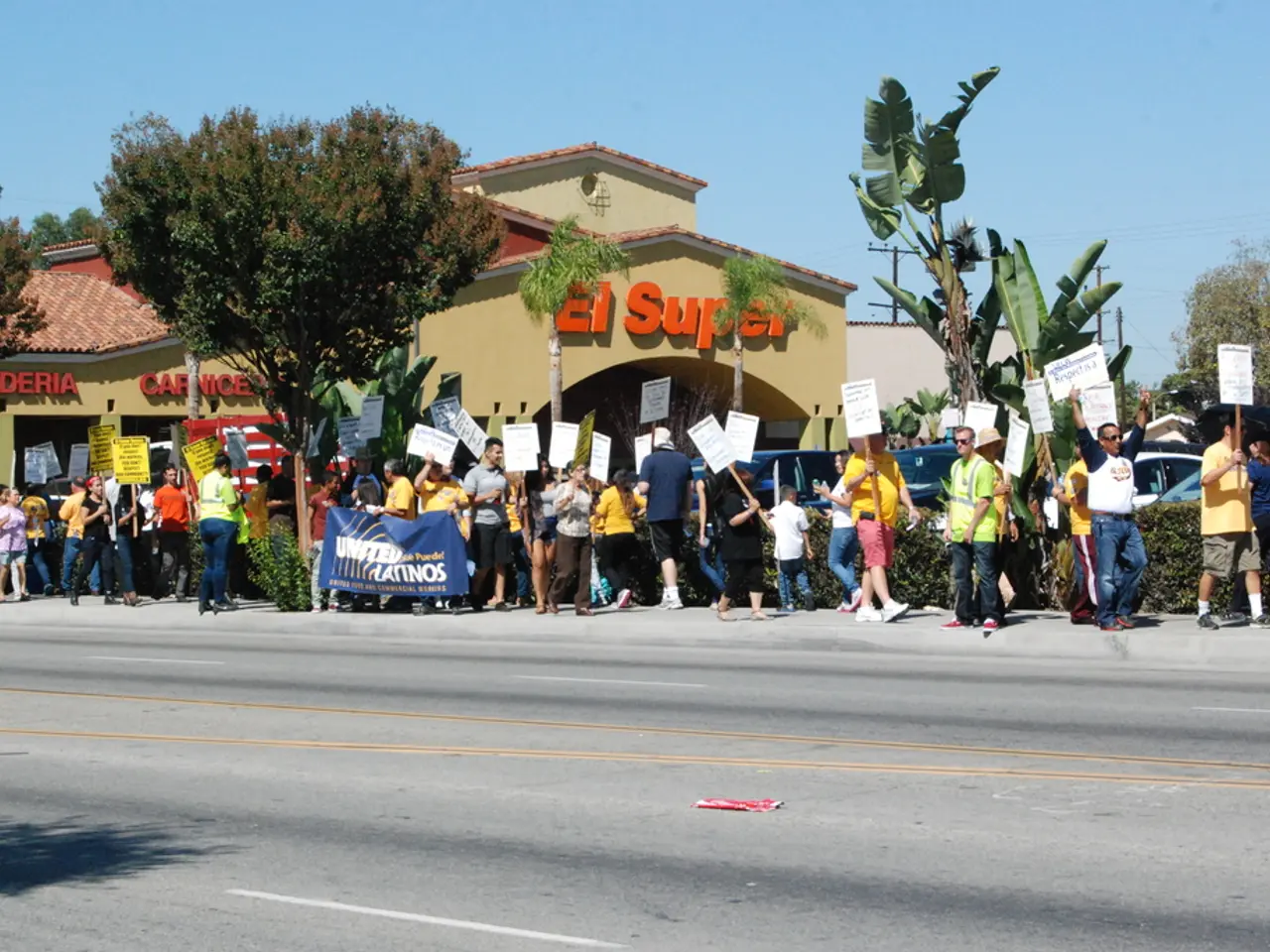Key Elements in Election Strategy Development
In democratic societies, political campaigns play a pivotal role in connecting candidates with voters and enabling informed decision-making. These campaigns are meticulously planned and executed, requiring a blend of hard work, dedication, and strategic thinking.
At the heart of every political campaign lies data analysis. By identifying demographics, locations, and voting trends, data analysis helps campaigns develop targeted messaging and election strategies that resonate with specific groups of voters.
Fundraising is another crucial aspect of political campaigns. The necessary resources for advertisements, staff salaries, technology, events, and voter outreach activities are all funded through donations and fundraising efforts.
Political advertising helps shape voter attitudes, define opponents, and reinforce key messages across traditional and digital platforms. Advertising plays a significant role in reaching a broad audience and increasing visibility for the campaign.
Media and communications are integral to political campaigns. Candidates work closely with communications staff to craft and distribute messages through various channels, including digital media.
A successful political campaign requires careful planning, execution, and evaluation. Success is measured through polling data, fundraising performance, event turnout, digital engagement metrics, and ultimately, election results.
Grassroots outreach is essential for building support at the local level through direct voter contact and personal connections. Volunteer recruitment expands the campaign's manpower, supports grassroots efforts, and fosters a sense of community around the candidate's vision.
Effective political campaigning involves clear identification and communication of political contrasts, use of targeted marketing techniques, flexibility and dynamic leadership, and fostering collective support towards shared goals. Strategic timing of rallies, media buys, and major announcements maximises impact and captures voter attention at critical moments.
Data and analytics help track and analyse voter data and trends, and monitor the effectiveness of campaign strategies and messaging to optimise the campaign. Opinion polls provide feedback on voter preferences, issue priorities, and candidate popularity, guiding strategy adjustments.
Debates allow candidates to showcase leadership, articulate policies, and contrast themselves against opponents in front of voters. Endorsements from influential leaders, celebrities, or organisations enhance credibility and extend a candidate's reach to new audiences.
Campaigns must adhere to election commission regulations, finance laws, disclosure rules, and ethical standards to maintain legitimacy. Crisis management protects the candidate from reputational damage during scandals or controversies by ensuring rapid and transparent responses.
Ultimately, political campaigns aim to bring candidates closer to voters, provide a platform for exchanging ideas and feedback, and enable citizens to make informed decisions. By understanding the components and strategies involved in political campaigns, voters can engage more effectively in the democratic process.
Read also:
- Dispute on hunger crisis in Gaza intensifies amongst numerous Jewish-American citizens
- Lucrative Business Opportunities in Nigeria: Discover Profitable Enterprises Immediately
- Carpometacarpal joint osteoarthritis: Characteristics, origins, remedies
- Humanity's Lasting Legacy Could Potentially be Piles of Chicken Remains








